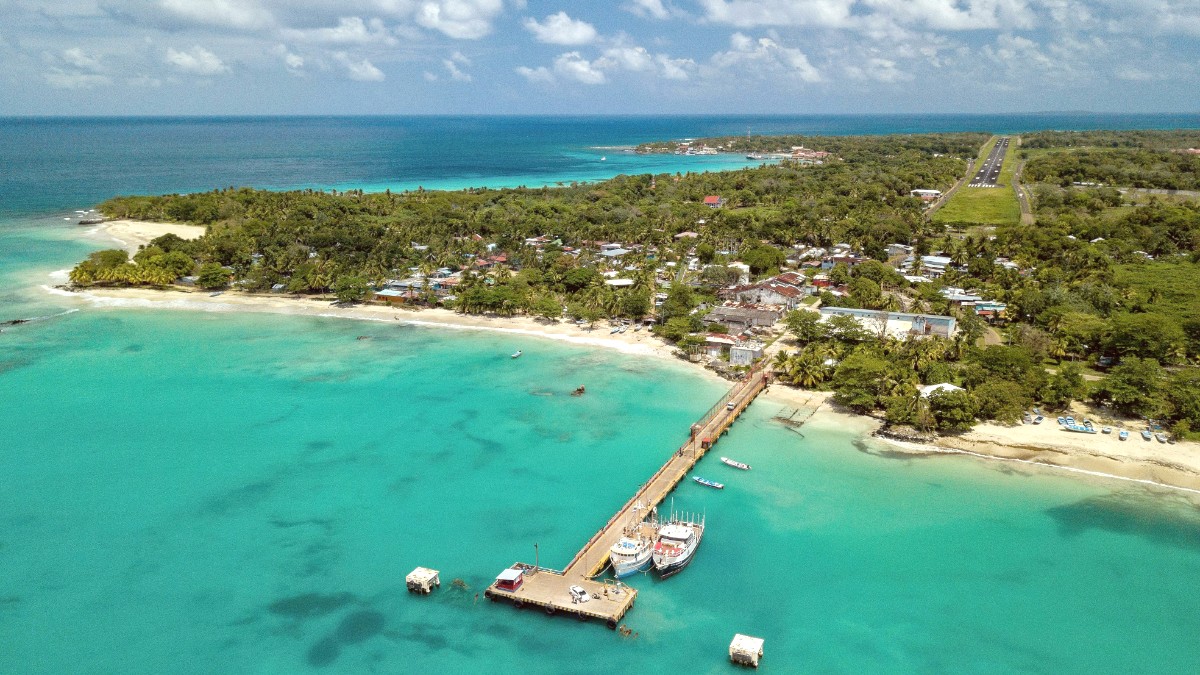
Caribbean Coast, Nicaragua
Download maps for Nicaragua before arrival.
Navigation access even without internet connection.
Download offline Spanish language packs to bridge communication.
Widely used for communication; local businesses use it for inquiries.
Many tour operators and accommodations use WhatsApp for booking.
Nicaraguan tourism sites offer general context.
Search for detailed personal accounts and practical tips from travelers.
Use reliable sites like AccuWeather or NOAA for general forecasts.
Check for hurricane season advisories during June to November.
Many small businesses share real-time updates via social media.
Local tourism businesses on Facebook or Instagram share real-time updates.
Search for travel podcasts or YouTube channels featuring Nicaragua or the Corn Islands.
While digital is prevalent, some print resources are still useful for general context.
Used for greetings, meaning "What's going on?"
Meaning "Thank you," shows respect for local Creole culture.
Simple Spanish phrases are always appreciated by locals.
Have a communication plan and know where to go if a storm approaches during hurricane season.
The Corn Islands are generally safe for solo travelers.
Little Corn Island is notably easy to navigate alone.
It has a friendly backpacker scene, making meeting other travelers easy.
Solo female travelers generally report feeling safe on the islands.
Explore independently with a sense of security.
A welcoming environment promotes peace of mind for all visitors.
For groups, booking accommodations with multiple rooms or bungalows well in advance is advisable.
Coordinate panga times carefully to ensure everyone travels between islands together efficiently.
Consider hiring private boat taxis for group excursions to various points of interest.
The Corn Islands invite you to embrace a simpler, more relaxed existence. Connection with nature on a deep level creates a sense of peace.